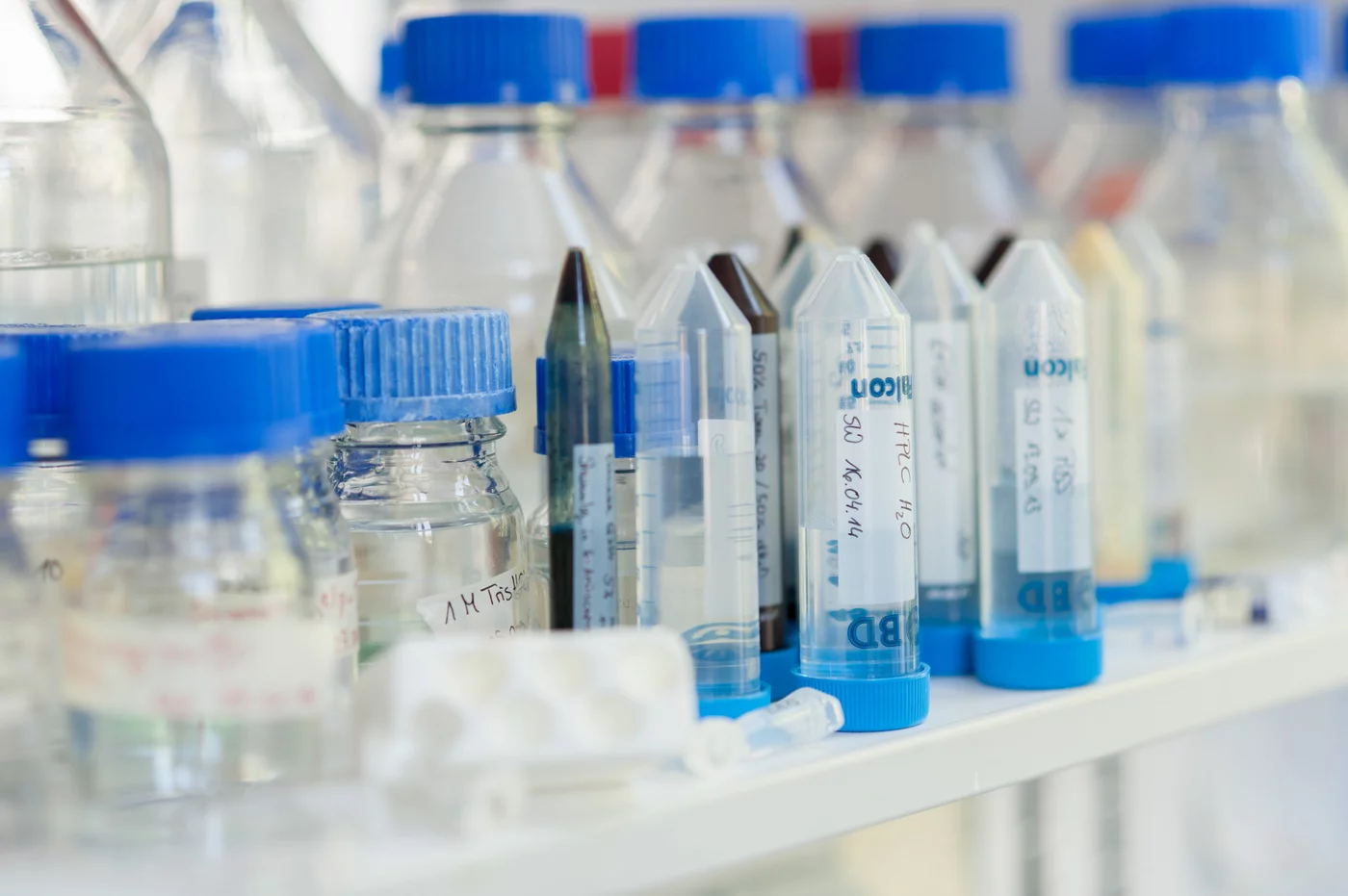P06
Impact of vascular plasticity on therapy responses in CRC
Research Focus

The matricellular protein SPARCL1 which is expressed preferentially in tumor vessel endothelial cells (TEC) of CRCs with a Th1-like TME, acts as angiocrine repressor of tumorigenesis by stabilizing vessels, inhibiting angiogenesis and tumor cell proliferation. Employing a vessel-specific knockout of SPARCL1 (SPARCL1ΔIECKO). P06 will determine the impact of TEC plasticity on lipid metabolism and ferroptosis and their role for therapy response, including standard chemotherapy, targeted therapy or immunotherapy and elucidate the molecular mechanisms involved.
Main Collaborations
- P01 Greten: Modulating CAF plasticity to enable immunotherapy of colorectal cancer:
- P02 Büttner/Flinner: Multi modal prediction of therapy response for rectal cancer patients:
- P03 Briquez/Fichtner-Feigl/Reuten: Metastasis predisposing extracellular matrix architecture in colorectal cancer:
- P04 Farin/Stemmler: Mapping the CAF subtype-dependent reciprocal signaling in the CRC niche:
- P08 Weigert: The role of IL-38 in shaping tumor-promoting versus protective inflammation in colorectal cancer:
- P09 Koop/Neurath: Unraveling the role of stromal IL-36R signaling in colorectal tumorigenesis:
- P17 Ziegler: STAT3-controlled cross-dressing of dendritic cells in anti-tumor immunity:
- S01 Berlin/Greten/Naschberger: Human tumor organoid biobanks for preclinical validation:
- S02 Reiss/Ritter: Spatial profiling of the tumor microenvironment in CRC:
- S03 Börries/Gupta: Research information infrastructure, data management and bioinformatics core:



